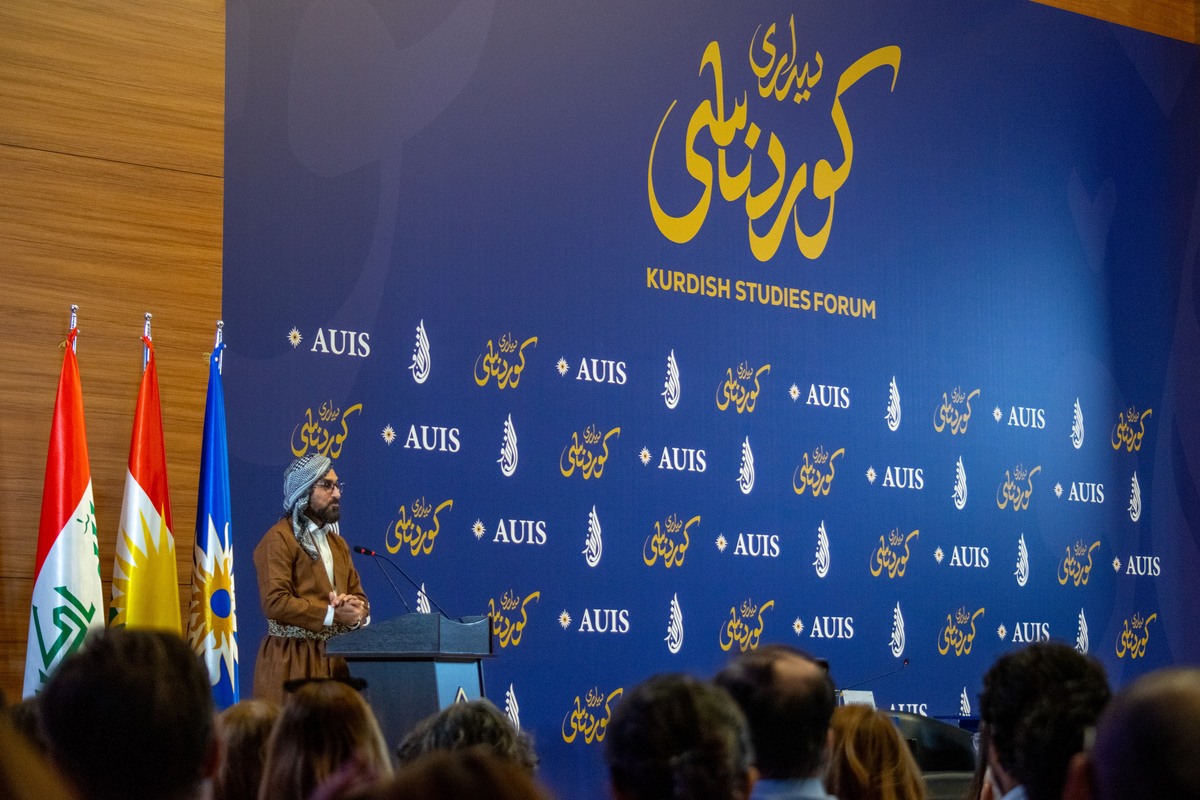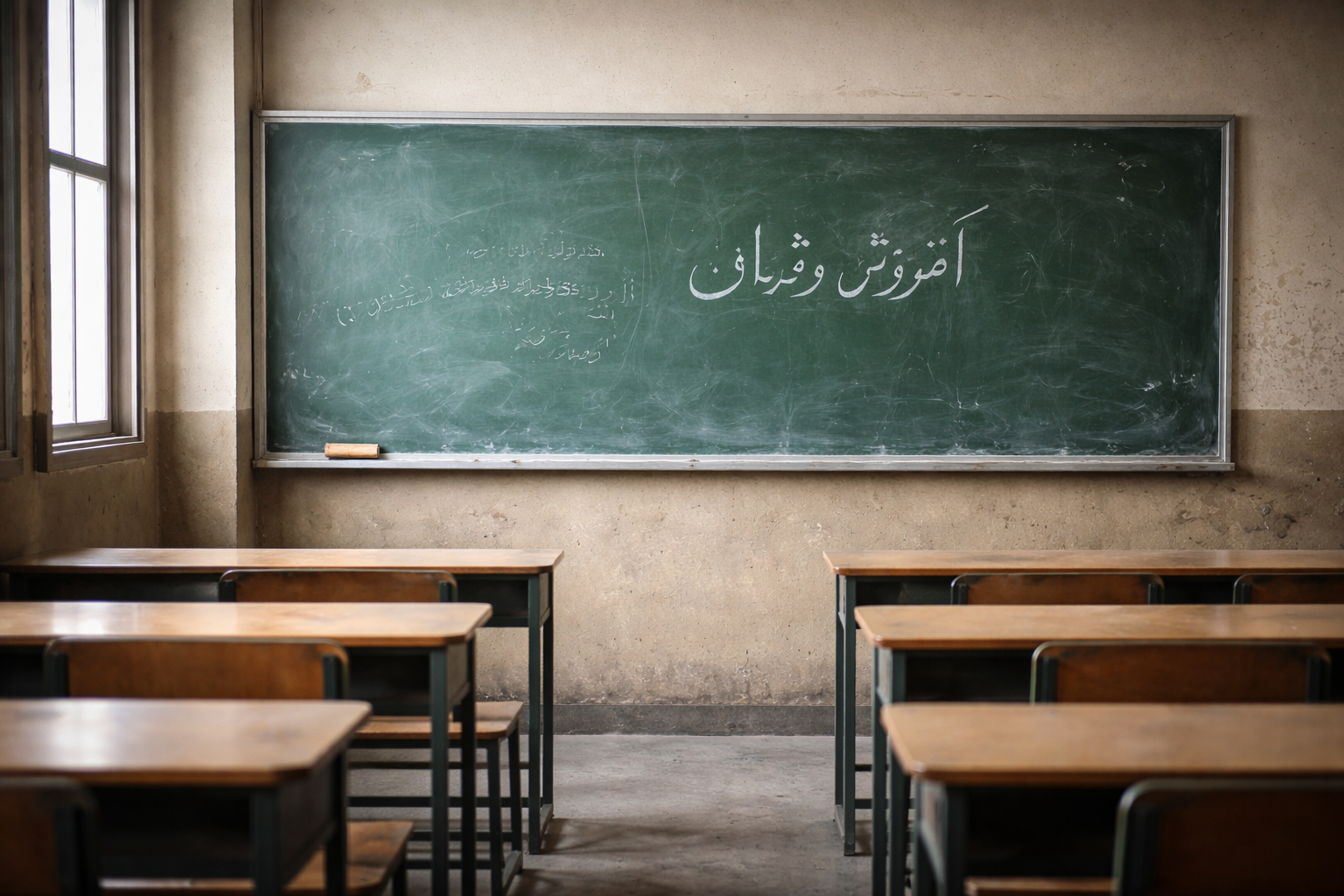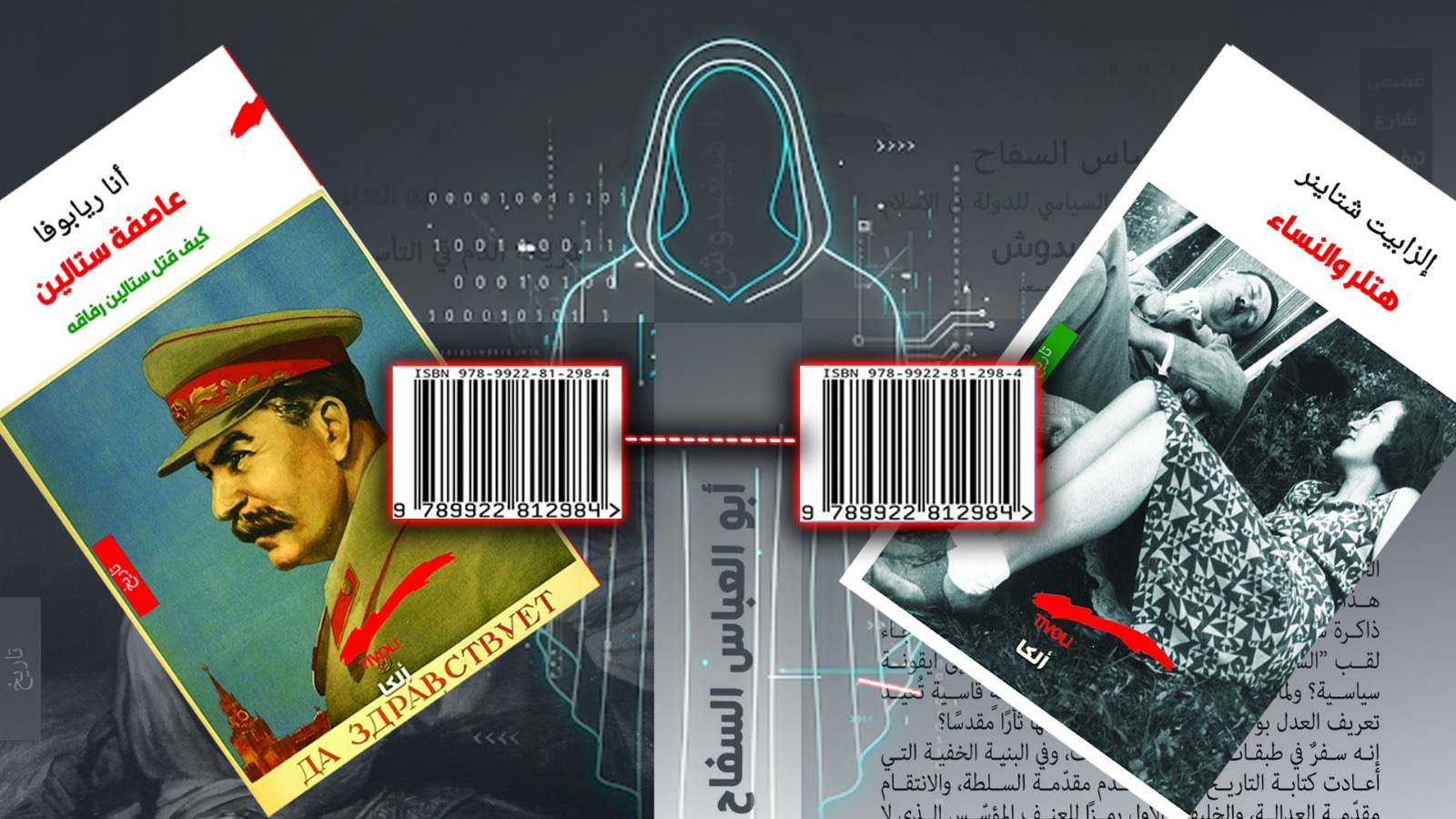Kurdish Studies Comes Home

The Kurdish Studies Forum | Picture Credits: Winthrop Rogers
The Kurdish Studies Forum | Picture Credits: Winthrop Rogers
The book fair at the Kurdish Studies Forum hosted by Kashkul at the American University of Iraq – Sulaimani (AUIS) was the beating heart of the event, which took place over three days in late September. This cultural event has slowly become a platform promoting Kurdish culture both in the region and beyond.
Shaded by pines and pomegranates, Kurdish publishers set up their books as students and scholars browsed the titles. Sherko Bektas’ mustachioed face radiates defiance from a book jacket, while his legacy — the Kurdish poets of today — make connections that could see their own work published. Translations of Kafka and Pipi Longstocking into Kurdish and Nali into English fly off the tables. A stall selling Kurmanji titles does brisk business.
The book fair at the Kurdish Studies Forum hosted by Kashkul at the American University of Iraq – Sulaimani (AUIS) was the beating heart of the event, which took place over three days in late September. Inside the hall, speakers debated Kurdish history, identity, society, and language in front of large crowds. A music and dance performance by Hunergeha Welat, a group from Rojava, capped off the program on the final night.
The Forum is the latest example of the growing influence and intellectual vibrancy of Kurdish studies as a standalone discipline.
The Forum is the latest example of the growing influence and intellectual vibrancy of Kurdish studies as a standalone discipline. It is multi-regional and multidisciplinary, with a strong voice and a growing cohort of impressive young scholars entering the arena.
Like the political status of their subject, scholars working on Kurdistan existed for decades on the margins of established university departments specializing in Persian, Arab, or Turkish studies and fought for toeholds in special issues of big journals. Non-Kurds were over-represented in positions of power and influence at the expense of Kurdish scholars themselves. A few years ago, its premier journal, Kurdish Studies, was dismantled by a predatory publisher, and the board was forced to reconstitute it anew.
From strength to strength
Dedicated conferences proliferate and a new generation of academics, artists, and researchers are turning their attention to the field.
But those challenges are gradually being overcome. Dedicated conferences proliferate, and a new generation of academics, artists, and researchers is turning its attention to the field.
Abbas Vali, a renowned political and social theorist who was in attendance, said he is deeply impressed by what they are seeing now in Kurdish studies.
It is going “from strength to strength,” Vali said. “New generations are coming and they are very good.”
“I am hopeful,” he added.
Many academics working in Kurdish studies are affiliated with universities in Europe or North America. It is where they earn their PhDs and can find better job opportunities. Sometimes, they are forced into exile by hostile governments at home.
Dedicated centers, such as those at the University of Exeter, support students looking for a degree in Kurdish studies. The annual conference co-hosted by the London School of Economics (LSE) and the University of Sheffield has grown in popularity each year and now draws more than 300 participants.
While these are necessary for the growth of the field, what made the Kurdish Studies Forum in Sulaimani special was that it was taking place in Kurdistan.
A meeting point
Often it is difficult for scholars in Kurdistan to obtain visas or afford travel to attend work abroad. Like a similar event organized earlier this year at the University of Kurdistan – Hawler (UKH), the forum gave a chance for local scholars to present their work to their colleagues from abroad and bring everyone a little closer to the main object of their study.
“It feels great,” said Savan Abdulrahman, who works at AUIS’ Center for Gender and Development Studies (CGDS). “These kinds of conferences are a meeting point, a connecting point for every kind of scholar who is serving the same cause, but in different places.”
Iraq’s Kurdistan Region has the most autonomy of the four parts of Kurdistan and therefore has more capacity to play host for such events.
…the type of Kurdish studies that is typical in Europe often does not extend beyond elite, private institutions like AUIS, AUK and UKH that have connections with prominent political figures in the Kurdistan Region
Yet even here, the type of Kurdish studies that is typical in Europe often does not extend beyond elite, private institutions like AUIS, AUK and UKH that have connections with prominent political figures in the Kurdistan Region. Much more can be done to move it beyond these venues and into more mainstream, Kurdish-speaking spaces, including the curricula of public universities.
A political challenge
The field is also finding a home in Rojava as a product of its revolution; attendees at the Forum in Sulaimani were skeptical that similarly open events could be held in Turkey and Iran for the time being. While the politics of the Kurdish question in Turkey may be changing, it is too early to test whether what have been red lines for decades have changed.
In Iran, expressions of Kurdish identity routinely result in arrests by the security forces. However, there are some encouraging signs at Kurdistan University in the city of Sine.
Allan Hassaniyan, a senior lecturer at the University of Exeter praised the Kurdish Studies Forum for its inclusivity, especially in terms of language.
The second day kicked off with a conversation between Choman Hardi and Fatma Savci, moderated by Kajal Ahmed, about women in poetry, which was held in Kurdish, both Sorani and Kurmanji. Other speakers used Arabic or English on stage, which was then simultaneously interpreted over headsets. French, German, and even Portuguese could be heard at the busy coffee station.
Transcending borders
“I would like to take this idea back to the UK and promote it,” Hassaniyan said, explaining that he has colleagues who are doing sophisticated work, but only speak Kurdish and find it hard to present their work outside Kurdistan.
“It is really a good experience to have colleagues from other backgrounds be able to express themselves in their language,” he said.
Kurdish studies not only break down the state and linguistic borders that divide Kurdistan, but also smash through the academic silos that so often keep anthropology divorced from economics or politics from literature. In its expression, it is multidisciplinary and its conferences bring together a lively crew working on diverse projects.
Artistic expression of Kurdishness is also an essential aspect to the discipline, making colorful splashes at what would otherwise risk being dry academic events. For example, this year’s LSE-Sheffield Conference included a screening of All The Mountains Give, a stunning documentary about Kolbars by Rojhelati director Arash Rakhsha.
What is clear is that it is an exciting time for Kurdish studies. It is now well-established enough for its expressions to be both recognized and institutionalized.
“It’s quite a diverse and complex picture in a good way,” said Hassaniyan. “I can see we have started on a journey that may not be clear, but we’re going through a very positive journey.”
Winthrop Rodgers
Winthrop Rodgers is a journalist who focuses on politics, human rights, political economy, and the environment in Iraq’s Kurdistan Region. He also serves as a Chatham House associate fellow.



